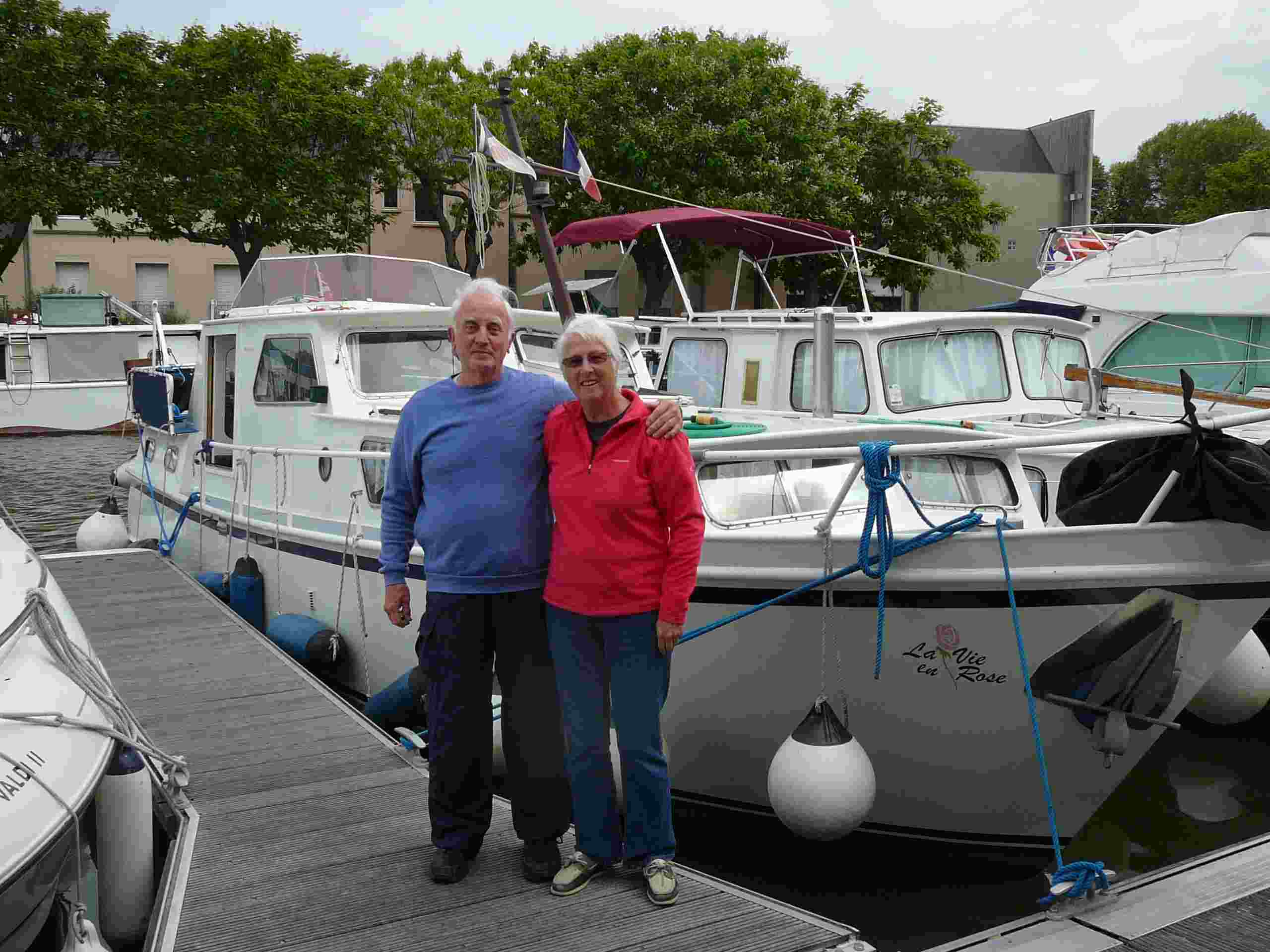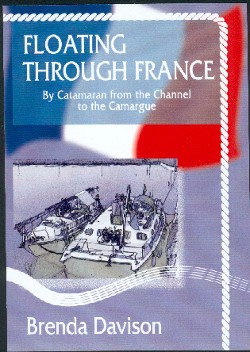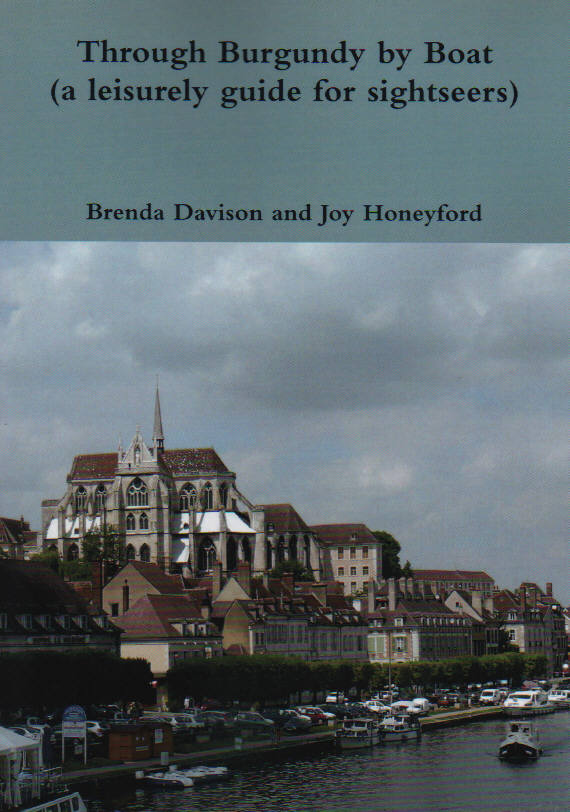Health
The Health Service in France is excellent but has to be paid for at the point of use and costs, including prescription charges, reclaimed from the local sickness insurance office (CPAM) in France who will send the refund to your home address. This can take two months. If for any reason you are unable to do this you can claim from the Department of Social Security, Overseas Contributions Agency when you return to Britain but this can be a lengthy process and if you do not have the correct forms, you will not get your money back. You should make sure that doctor or dentist is conventionné, this means that they work within the French health system. After treatment obtain a signed statement of the treatment given (feuille de soins) with the amount you have been charged. When getting medicines the pharmacist will hand you back your prescription and you should attach it to the feuille in order to claim the refund. Medicine containers also carry detachable labels (vignettes) showing the name and price of the contents. These should be stuck in the appropriate place on the feuille. Sign and date the form at the end.
Around 70% of standard doctors’ and dentists’ fees are refunded, and between 35% and 65% of the cost of most medicines.
For in-patient treatment the doctor will issue you with a certificate (attestation). The hospital should then send a ‘Notice of admission – Acceptance of Responsibility ’ (Avis d’admission – prise encharge) form to the local sickness insurance office along with your Health Insurance Card (formerly E111). If not you should send it yourself. If you are treated in an approved hospital, the office will pay 75% or more of the cost direct to the hospital. You pay the balance. You must also pay the fixed daily hospital charge (forfait journalier). The balance and the forfait journalier are not refundable.
Pharmacists are a good first point of contact if you have a problem. They are recognisable by the green cross sign. Everyone who works in the pharmacy is either a qualified pharmacist or in their final year of training. They will offer reliable medical advice and prescribe for a range of ailments, but take along your English/French dictionary. Complementary medicine is used widely in France and you will often find that your pharmacist is also a homeopath or herbalist, or that other forms of complementary medicine are available where you are.
By now everyone in Britain should have obtained their European Health Insurance Card (EHIC) which replaces the E111. This can be used for temporary healthcare throughout the European Economic Area. The EHIC is not a substitute for travel insurance as it may not cover all health costs and never covers repatriation costs.
To obtain non-urgent treatment in hospitals in France, e.g. hip replacement you would need to arrange this with your local Primary Care Trust. Other wise you would need to be resident in France. Those people who live on their boats all the year round can usually use the address of the port where they spend the winter, and this can be useful if you want to open a French bank account, take out a contract for a mobile phone service for example. Travellers from countries outside the EU would need to take advice and obtain their own insurance plans.
If you have an existing medical condition then you may request an E112 which is available following authorisation from the Department of Health. This is only issued when a clear need for ongoing treatment is established.
We had a dental emergency in France and unable to find a local dentist (no phone book) we called into the local hospital which did not have a dental service but the receptionist invited us to call back when lunch time was over. This we did and she telephoned several dentists until she found one who could see us that day. On another occasion when emergency dental treatment was needed the Tourist Office found a dentist and booked an appointment for us.






